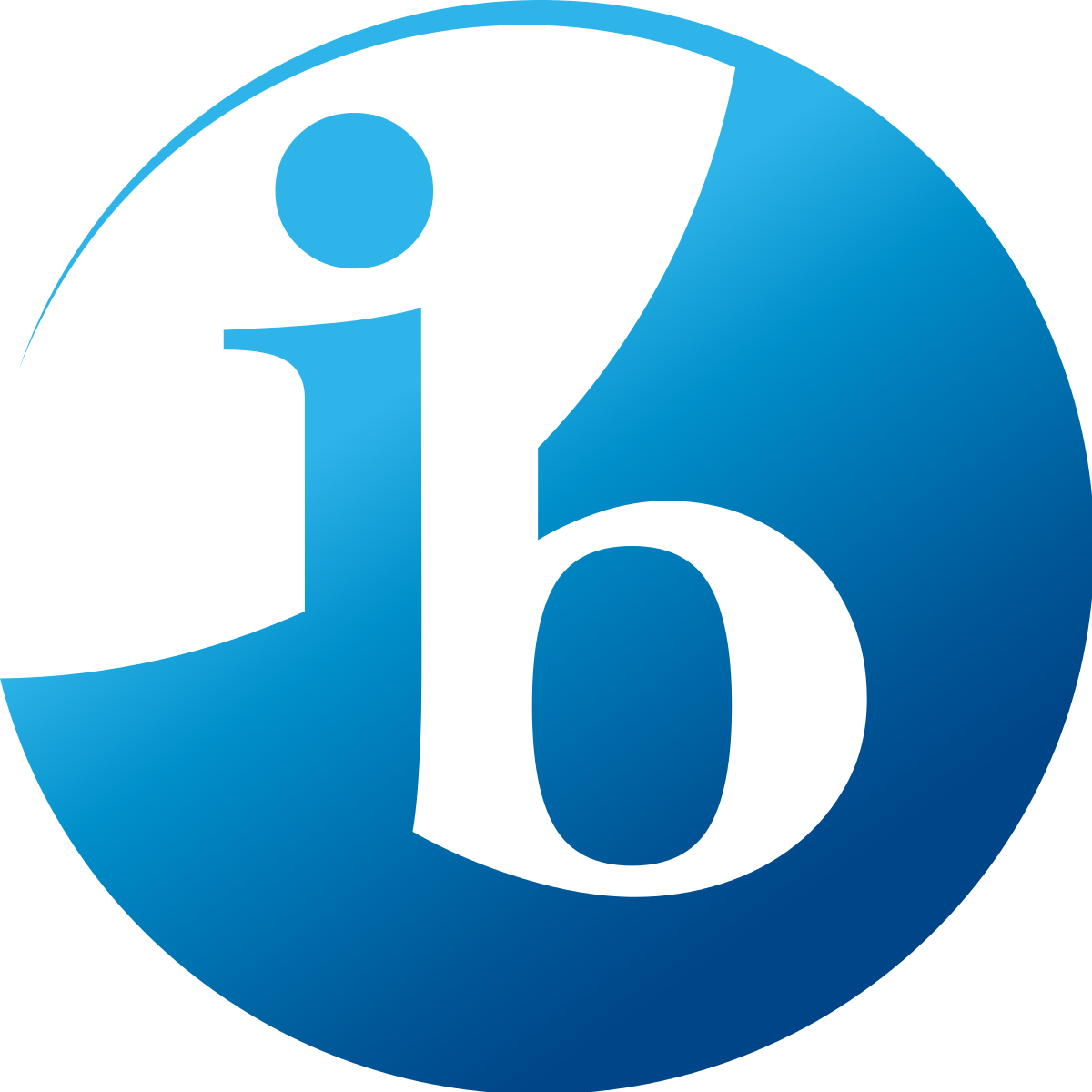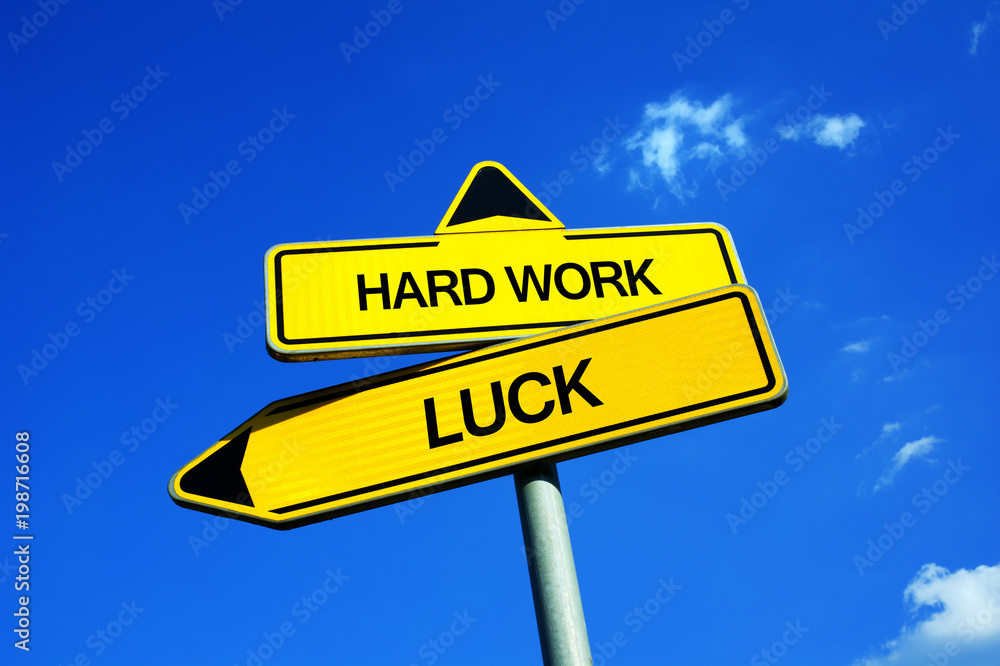By the LGB Express Editorial Team, Year 12, and Louis Wertheimer, Year 11
This guide provides the Editorial Team’s input on the workload, content, and usefulness of the IB subjects on offer at LGB based on their own experiences. We hope it provides useful advice!
Biology:
HL: In Year 12 you’ll be working like crazy in bio. The workload is demanding as there is a lab almost every week, sometimes on top of tests. On the plus side, we don’t get much homework apart from finishing labs and studying for tests. The material can be hard at times so, if you can, it could be advantageous for you to study with a few friends/classmates. We also recommend rereading your notes and textbook after every class, to be sure to anchor the information ahead of the next class.
SL: The subject is interesting, however, what I was completely unaware of was that when choosing Biology SL, you may be placed in a split higher and standard class where you still (usually) have to attend 6 periods a week. This system can take valuable time away from your studying, so be sure to be organized before committing to SL.
Chemistry:
HL: I think a lot of people are overly worried about the level of challenge in Chemistry HL. While it is definitely conceptually difficult and requires a lot of focus during class to do well, it is not necessarily any faster-paced than Year 11. I’ve actually found that I have less Chemistry homework this year than I did last year, but there is an expectation that you go over your work at home at least once a week.
SL: Chemistry SL covers a lot of material but at a more relaxed pace than HL. If you like chemistry but have too many higher options or perhaps don’t need chemistry HL in your future studies, SL still covers a lot of the same basics as HL. However, beware that you may get into a mixed class of SL and HL therefore might end up with 6 periods a week of Chemistry.
Physics:
HL: IB physics is one of the more challenging subjects when it comes to the difficulty of the material taught, BUT the physics department has excellent resources to help study and understand what you’re being taught. Because of the difficulty of physics, the grade boundaries are lower than in most subjects (a 7 can be anything higher than 75% on some tests) but this still requires a lot of work to be put in.
Economics:
HL: The difference between Economics SL and Economics HL is that there are a lot more calculations whilst there is not that much more theory than SL. I would recommend that if you take this subject to be comfortable in doing simple calculations but other than that, I would recommend economics if you are interested in the subject or if you would like to study a certain area in university that requires Economics HL. DO NOT take economics if you have no interest in it at all, you will not have enough interest and therefore not be motivated to work.
SL: Econ SL is honestly a pretty easy subject. The concepts are no more difficult than in Year 11, and the biggest challenge with Economics is that it can be a bit boring sometimes and, as a result, hard to stay focused.
History:
HL: I love history so I was never in doubt whether or not to take History HL. However, it’s easily the most time-consuming subject I take. The amount of homework we have each week is honestly crazy sometimes, and that’s in addition to the work we do in class which you often have to finish at home. Be prepared to take pages and pages of notes, and make sure you focus in class because falling behind is definitely not fun. Despite all of the work, I really enjoy history and don’t regret taking it at all! If you want to look in-depth at 20th-century history and you enjoy analytical thinking as well as essay writing, history is a great choice.
French Literature A:
SL: This subject honestly exceeded my expectations; it’s hands down one of my favorite ones. I find the way of teaching very engaging and with very little stress: we spend most of our class time debating about books we read. The workload is relatively minimal, and if you are enjoying Year 11 French or if you generally like French as a language, I would highly recommend taking it.
English Literature A:
HL: Honestly my favorite subject. If you take English A Literature HL, you need to love reading and writing and be ready to write many essays, all whilst reading at a very fast pace. You study all the classics varying from Shakespeare to Greek Tragedy to modern 21st-century literature.
SL: English Literature SL is a good option if you enjoy reading and writing but don’t want to commit 6 periods a week to taking HL. SL still requires an elevated level of writing (the grading is pretty harsh) but you will have much less homework than HL students do, all whilst reading the classics!
Mathematics:
HL AA: Math HL looks great on university applications for any subject as it is widely recognized as a rigorous course. If you took year 11 advanced and found it very difficult, I would not recommend taking math HL as it is quite hard and fast-paced. That being said, if you did well in Year 11, don’t be afraid to try math HL! There’s always the option to drop down to SL if you’re unhappy with your grades, just make sure you have an SL subject that you’d be willing to switch to HL.
SL AA: Math AA can be easy or challenging depending on your level of math. I was in math advance in Year 11 therefore I find this course quite easy but this is because we are doing topics that I already covered last year. If you’re in math advanced in Year 11 and do not require Math HL for your further studies, I would recommend taking Math AA SL because it will not be as time-consuming as other subjects.
SL AI: Math AI is very easy if you come from intermediate or higher math last year. It’s pretty easy but you do have to know how to use your calculator very well. If math intermediate was not the easiest for you last year I would recommend taking AI, especially if you don’t need it for your studies later. Math AI will also allow you to focus more on your other (and potentially harder/time-consuming) subjects.
Overall, aim to choose the best combination of subjects that you enjoy and subjects that you are good at as you will be taught these subjects for at least two years, and perhaps even longer should you choose to study one of them at university. Of course, if you start in one class and decide it’s not for you, there is a possibility to change but it is often difficult to catch up in your new class so you should do any switching before the October holiday of year 12. There’s no use choosing a subject you don’t enjoy as you will not be motivated to work and will most probably see your grades fall; you should look forward to all your classes and be excited to learn more about the topics you study.
Best of luck on your IB choices Year 11!



